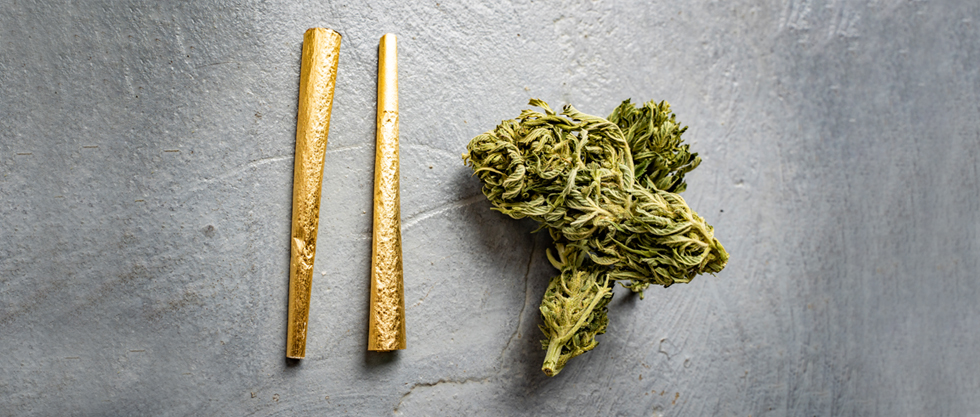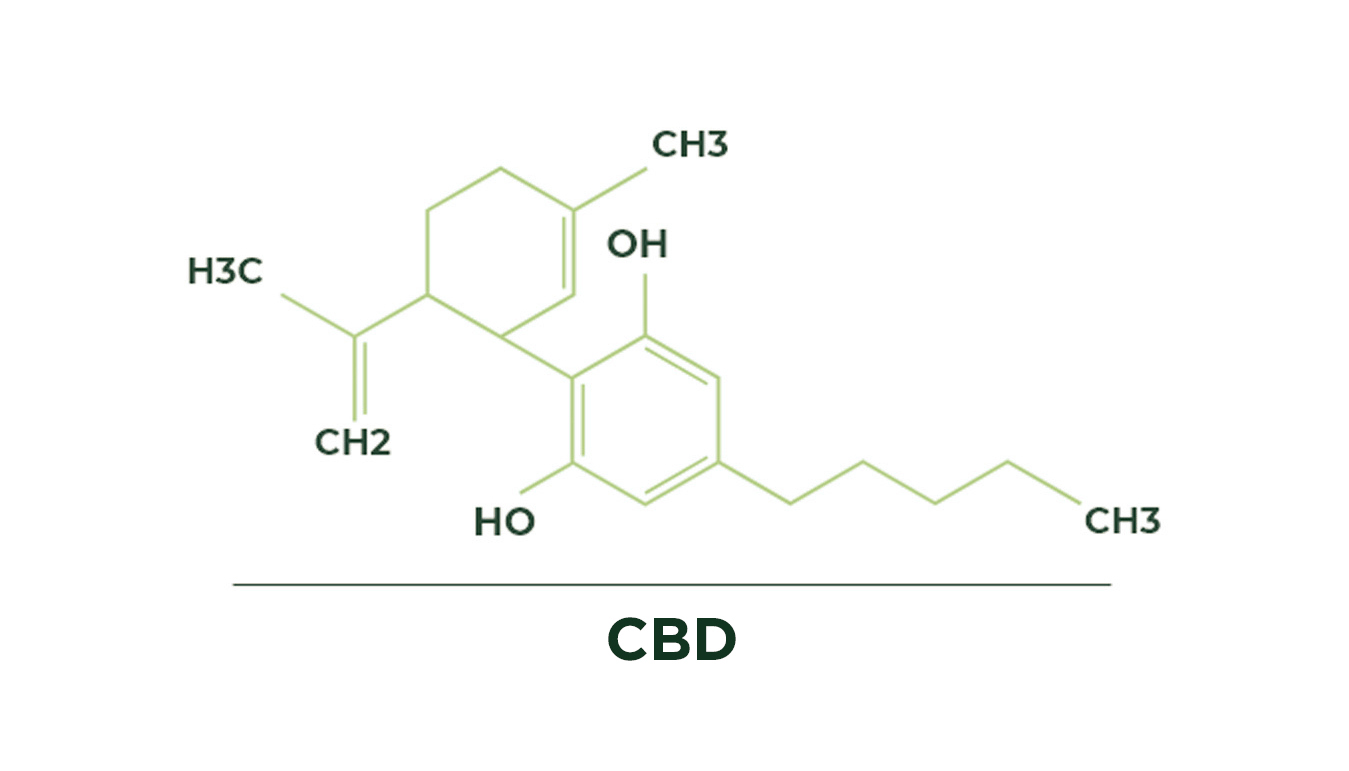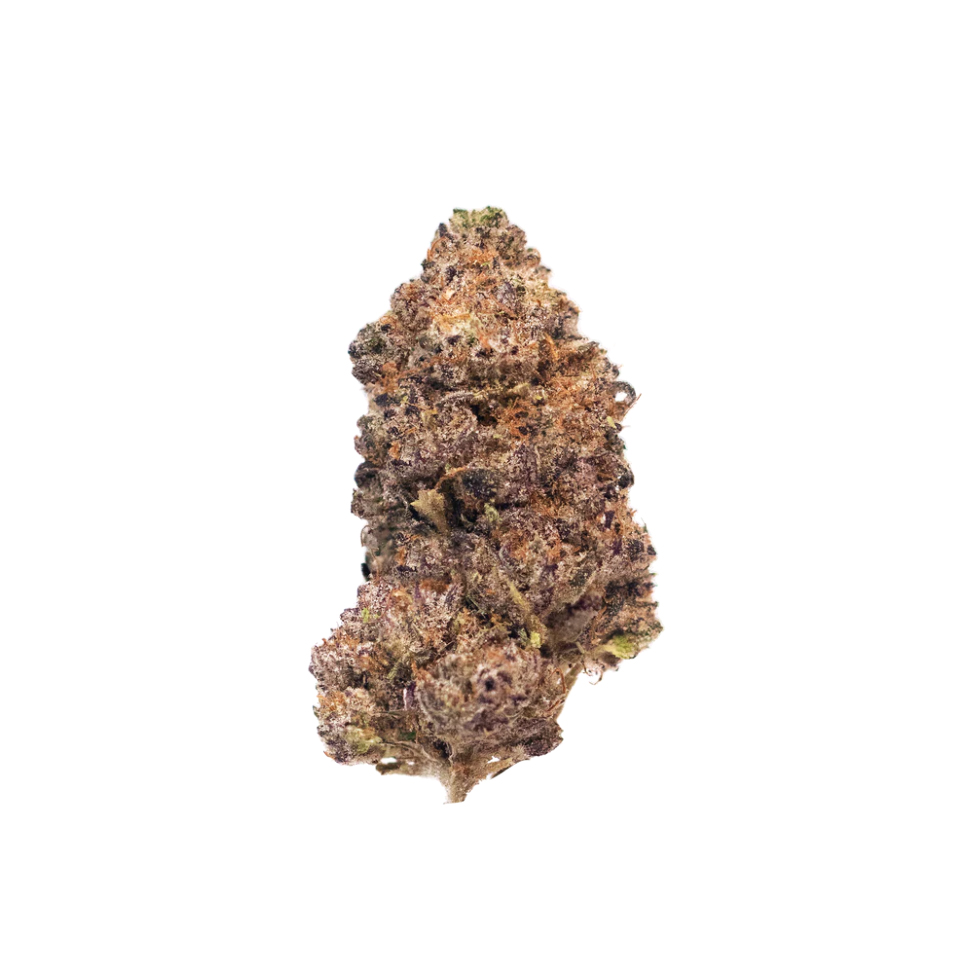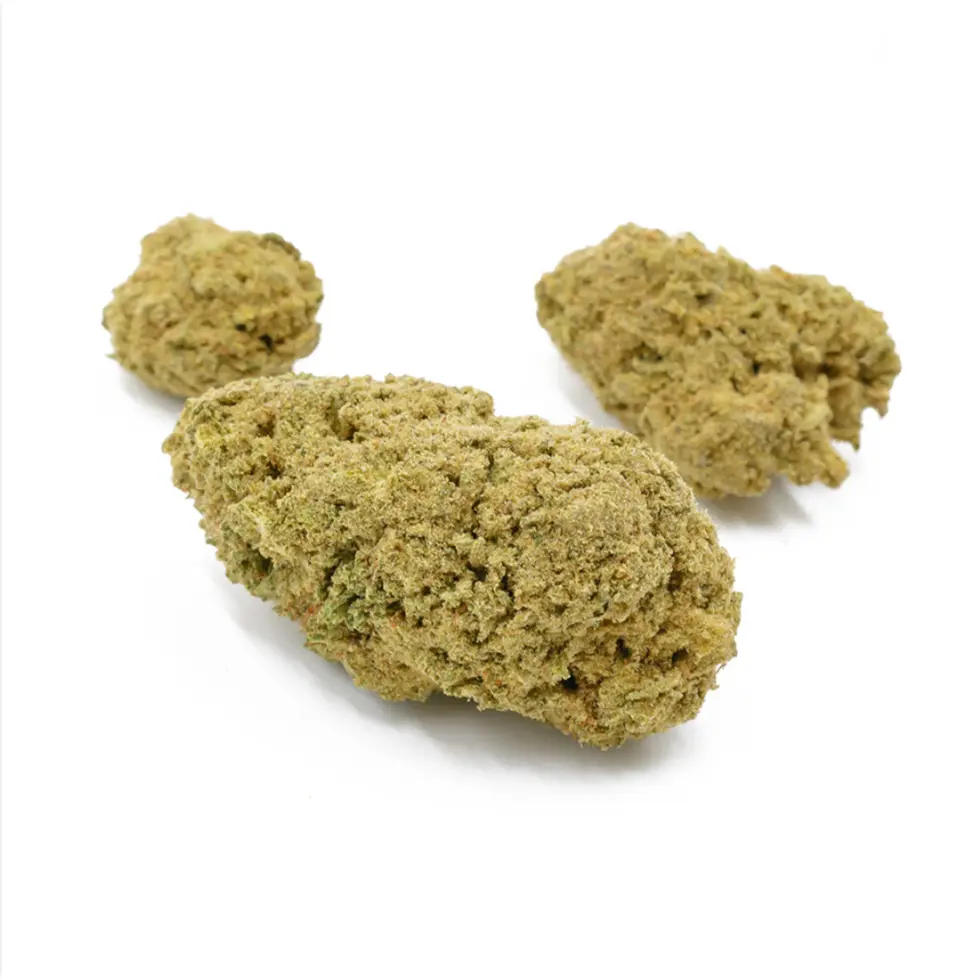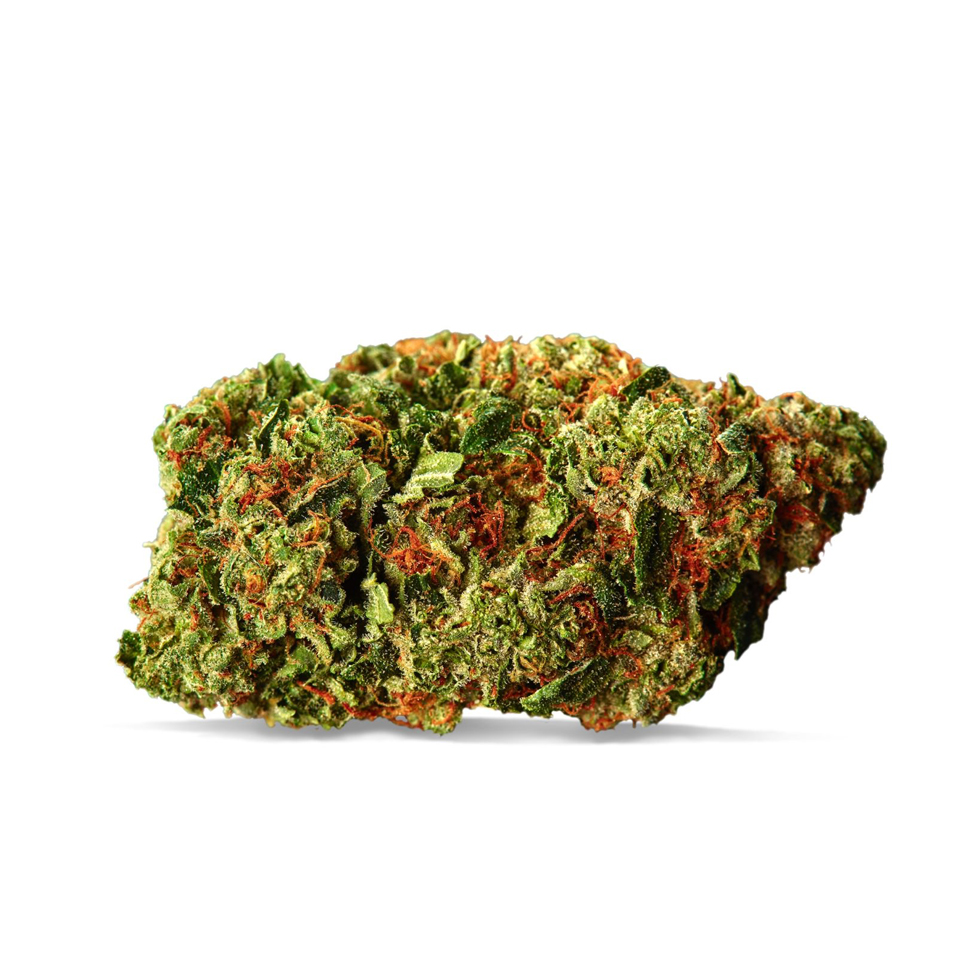Does smoking hemp get you high? Is it safe?
These are questions we get asked quite often. Understandably, those that aren’t as familiar with CBD or hemp flower may not be sure about its finer details.
We want to help clear the air on everything you need to know about smoking hemp. High-CBD flower have massive advantages, so let’s dive into tips to have handy before smoking them.
What is CBD?
We’ve touched on CBD all throughout our platform, but just as a recap, cannabidiol, or CBD, is one of the 400+ compounds found in the cannabis plant. One of 60+ cannabinoids, it’s the only cannabinoid abundant in some cannabis plants, just like THC.
More specifically, THC is typically abundant in marijuana, while CBD is typically found abundant in hemp. While THC may be the best-known cannabinoid presently, CBD is slowly making its rise to fame due to recent history.
Are CBD Products Legal?
In the US, hemp plants are legal if they contain 0.3% THC or less. This made it legal to manufacture CBD products that met certain specifications, such as only being extracted from industrial-grade hemp.
The regulations and minimal level of THC in CBD products are what prevents any of THC’s known psychoactive effects in even CBD products that do contain trace amounts of THC, such as hemp flower.
Does Smoking Hemp Get You High?
In short — yes, smoking hemp can get you high, but CBD can’t. CBD is non-psychoactive, so it’s non-intoxicating.
CBD doesn’t provide the same mind-altering effects that THC does. Legal CBD products are formulated with 0.3% THC or less in the US. In fact, broad-spectrum and isolate CBD products are supposed to be completely THC-free.
If you were to smoke CBD hemp flower or consume it in some other way, you wouldn’t feel any form of intoxication as long as it was under the legal limit of THC.
However, delta-8 and THCa hemp flower can get you high. Fortunately, we offer CBD, delta-8, and THCa flower to suit a variety of preferences and needs.
How do you know if the hemp contains under the legal limit of THC?
The best way to determine if a product is legal is to check the CBD or hemp brand’s lab results for their products.
Each batch, even in bud form, should be tested through an independent, third-party lab to verify cannabinoid content. It’ll also verify the product is free of pesticides, solvents, and other contaminants.
Our products are batch-tested to ensure all our products are safe, accurate, and effective.
Smoking CBD Bud
Recently, people have started smoking hemp in the form of pre-rolled joints, cigarettes, or bought as bud. Smoking “hemp flower” can be very relaxing, but it won’t make you “feel high.” That’s because these legal hemp buds are high in CBD but extremely low in THC. 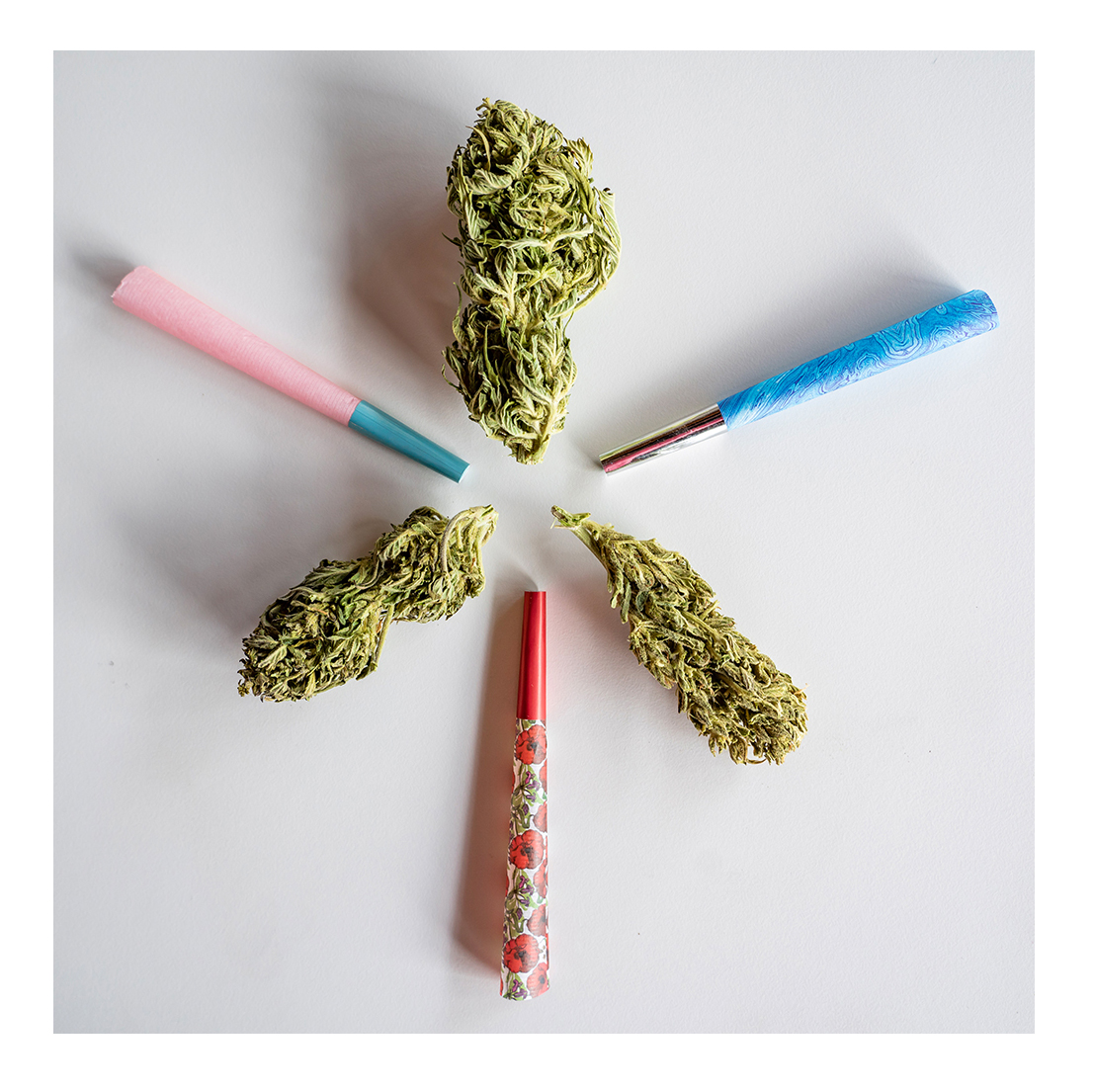
Some of our customers mix hemp bud with their “street weed” to mellow it out. CBD tends to calm the effects of high THC strains and edibles.
Others smoke hemp for the purported therapeutic effects of CBD such as relaxation, relief from insomnia and anxiety. Smoking offers faster delivery of CBD than ingesting edibles or topicals.
And many people long for the “ritual of smoking.” The oral fixation that comes with the habit of smoking is a strong one, after all. Some have traded nicotine for hemp. They appreciate that hemp is neither addictive nor packed with chemicals, so it’s an easy shift.
What People Might Mistake as a “High” When Smoking Hemp Flower
Part of the misconception that CBD causes a high may come from so many people calling it “non-psychoactive.” By definition, psychoactive means that it affects the mind — which CBD certainly seems to do. However, CBD doesn’t appear to affect the mind in the same way that THC does. As a result, it’s labeled as non-psychoactive.
Furthermore, many CBD products, especially CBD-rich hemp flower, don’t merely just contain CBD. Rather, minor cannabinoids, terpenes, and other hemp compounds also come into play. What people can mistake for a high is the entourage effect that cannabinoids in synergy can stimulate.
The entourage effect of cannabinoids just helps each cannabinoid amplify its overall results. Depending on the hemp strain, this may stimulate a more intense level of relaxation, along with other positive properties.
Take a CBD-rich hemp flower strain that’s chock full of minor cannabinoids, terpenes, flavonoids, and other hemp compounds. In the right amount, it could provide an effective entourage effect that causes mild drowsiness with a wave of relaxation and calm.
This combination can often be mistaken for a high, so it’s not far outside the realm of possibility that this is what people mean when they mistakenly think CBD or hemp flower causes a high.
There’s no intoxication involved when using CBD hemp flower or any other CBD product – and that’s the biggest difference between CBD and THC. While CBD flower may be psychoactive, as it does affect the mind, it won’t cause intoxication, so CBD doesn’t cause a high.
So, if CBD Doesn’t Cause a High — What is it Used for?
We know we have the respiratory system, cardiovascular system, and all other bodily systems. The endocannabinoid system, or ECS, is another bodily system.
The ECS runs all throughout our body, made up of cannabinoid receptors, which are split into CB1 and CB2 receptors. We produce our own endocannabinoids to interact with these receptors.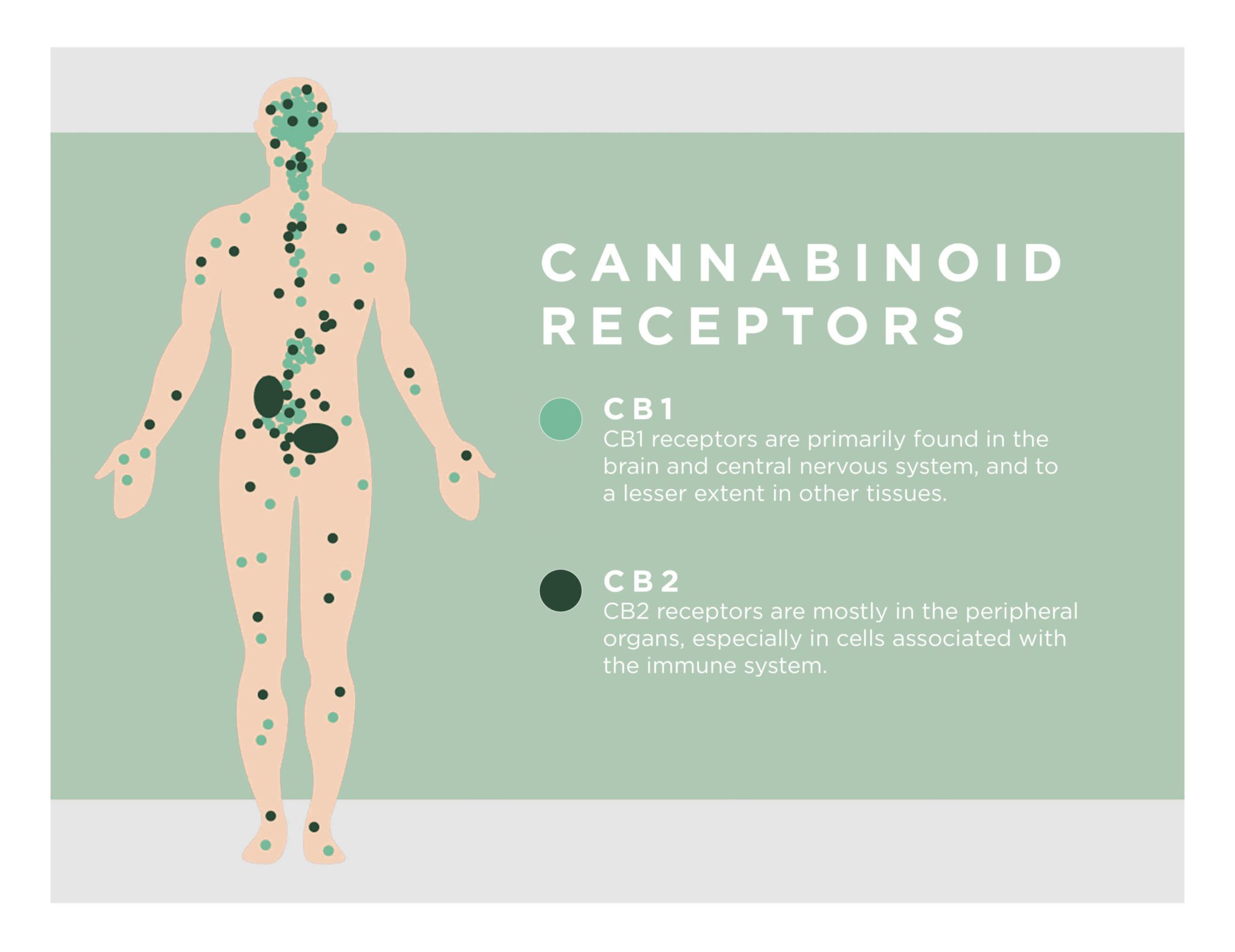
These endocannabinoids we naturally produce happen to look almost molecularly identical to the phytocannabinoids found in cannabis plants. This is why THC causes a high and why other phytocannabinoids stimulate the results that they do.
In a 2017 comprehensive review of clinical data and relevant animal studies on CBD, researchers found that CBD doesn’t impact or reduce psychomotor and psychological function.
Instead, CBD appears to have unique properties of its own. It stimulates calming effects and helps to relax, reduce stress and anxiety symptoms, and more.
In August 2019, a Gallup poll found 1 in every 7 adults use CBD, with the numbers growing more every day. Many have started incorporating different CBD products into their daily life.
If CBD Won’t Get You High, Will You Pass a Drug Test?
While this question is related to whether CBD hemp flower gets you high, other questions might stem from the answer we’ve given. Since the amount of THC in legal hemp flower is so minute, and it can’t cause a high because the amount is so small. You’re sure to pass a drug test if you’ve been taking CBD – right?
Well, not quite.
CBD and THC are almost molecularly identical, for starters. That makes it to where some drug tests simply aren’t advanced enough to tell the difference between the two cannabinoids. You’ll see this most frequently with at-home drug tests. Do be sure to mention this to your employer if this situation occurs to you, however.
However, even if the test at your employment is advanced enough to tell the difference between CBD and THC, you could run into another issue. Legal hemp flower can contain a max of 0.3% THC.
While that 0.3% is not enough to make you feel high or intoxicate you, it can build up in your system over time. After the course of a few weeks, if you consume more hemp than we recommend, you could have enough THC built up in your system to fail a drug test.
The best recommendation is to be upfront and honest with your workplace that you smoke hemp. CBD is legal across the nation and it’s becoming more accepted across more social circles every day.
Smokable CBD hemp flower will continue to rise in popularity. We’re excited to see where this journey takes us and how many people we can help along the way!
SHOP CBD FLOWERMake sure to check out the next blog: Can CBD Help with Acne?
